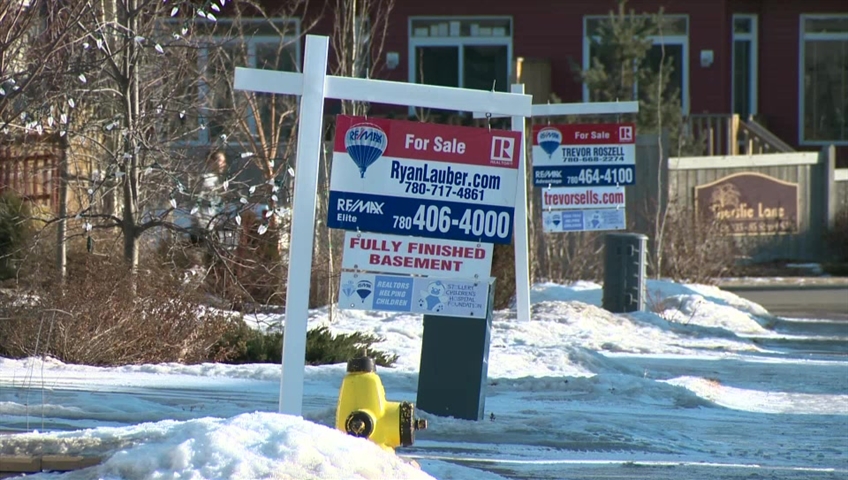The official launch of the 43rd federal election campaign has given Edmonton city council the opportunity to put a real estate question in front of the leaders, in the hopes of greasing the local housing market.

At the conclusion of Tuesday’s council meeting, on the eve of the campaign kick off, Councillor Mike Nickel gave notice, “that the mayor write an open letter on behalf of city council to the leaders of the Liberal Party of Canada, Conservative Party of Canada, the federal New Democratic Party, Bloc Quebecois and the Green Party of Canada, requesting that if elected, would they commit to the review of the residential mortgage underwriting practices and procedures including the following specific considerations:
- A. Reforming the stress test to be flexible based on regional conditions,
- B. Modernizing the lending rules to be more considerate of self-employment income
- C. Increasing the home buyers tax credit from $750 to $5,000
- D. Reinstating 30-year amortization periods
- E. Implementing a tax credit for additional payments made to one’s mortgage
- F. Removing the stress test for re-qualifications and fixed-interest mortgages
- G. Reducing the stress test from the current benchmark of two per cent above the current rate to a maximum of 0.75 per cent.”
“I think it would make a difference to our sales figures here in Edmonton,” said Michael Brodrick, chair of the Realtors Association of Edmonton.
“[The stress test] has had a huge impact here.”
Total residential unit sales in the Edmonton Census Metropolitan Area (CMA) real estate market for the month of August 2019 dropped 6.38 per cent compared to August 2018, according to statistics released on Sept. 3.

Get daily National news
The stress test was brought in by the Canadian Mortgage and Housing Corporation (CMHC) and the Office of the Superintendent of Financial Institutions to guard against prospective home buyers — who have a less-than-20-per cent down payment — from getting in over their head.
However, it was designed with the red hot housing markets of Vancouver and Toronto in mind.
Brodrick insists the conditions in Alberta did not need fixing.
“When we look at a market like Edmonton, like Calgary, Alberta generally, this is, in terms of the big picture, a reasonably affordable place to be.”
“We’re not asking people to go out and buy their first house at $800,000, $900,000, a million dollars. Houses are still reasonably affordable. So let’s make rules that allow people to still access a reasonably affordable house.”
WATCH BELOW (Jan. 3, 2018): John Mayberry of CIR Realty explains the stress test and how it will affect buyers and owners.

In an interview with Global News, Brodrick said the Edmonton board would like to see the stress test split out regionally, something similar to employment insurance, where regional conditions are taken into consideration.
Brodrick said the stress test issue is not as urgent now that the Bank of Canada has left interest rates alone. He agrees with the idea of tax credits being used to pay a mortgage down with extra payments — sort of a carrot being dangled to encourage debt reduction.
Brodrick said the tax credit concept is not something they’re pushing for it, but it doesn’t mean they’re not interested in it.
He sees all these measures as a way of putting more money in the real estate market.
“In order to make that liquidity work, you need policies that allow people to come in and you need policies that don’t dramatically affect the equity of people trying to get out.”
Fewer listings are happening compared to a year ago. The overall inventory in the Edmonton CMA fell 12.21 per cent from August of last year.
Brodrick fears things will get even slower once the Kenney government tables its budget shortly after the Oct. 21 federal election.
“We need to be cautious of what may happen in the province now, depending on what the provincial government decides to do with public employees etc., things may change here — not in a direction we want to see it change.
“We want to do whatever we can to ensure we can continue to make the market move and allow people to achieve home ownership.”
Single-family home unit sales are down 9.01 per cent, while condo unit sales dropped 3.05 per cent, and unit sales of duplexes fell 4.40 per cent from the same period of time last year.






Comments